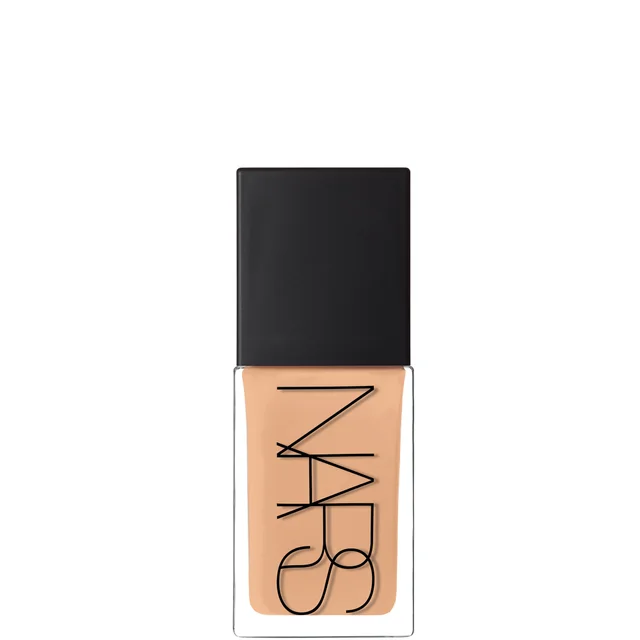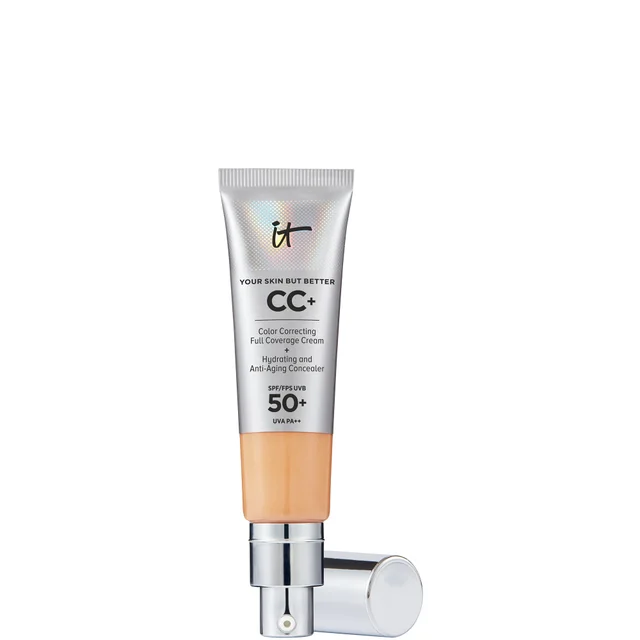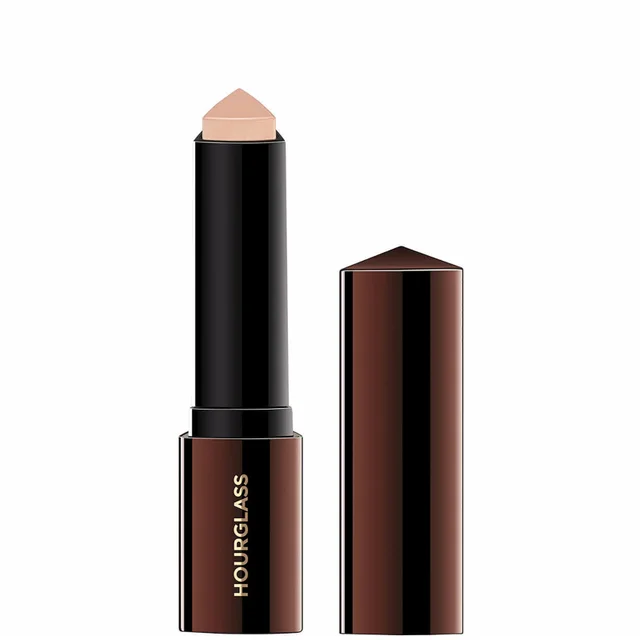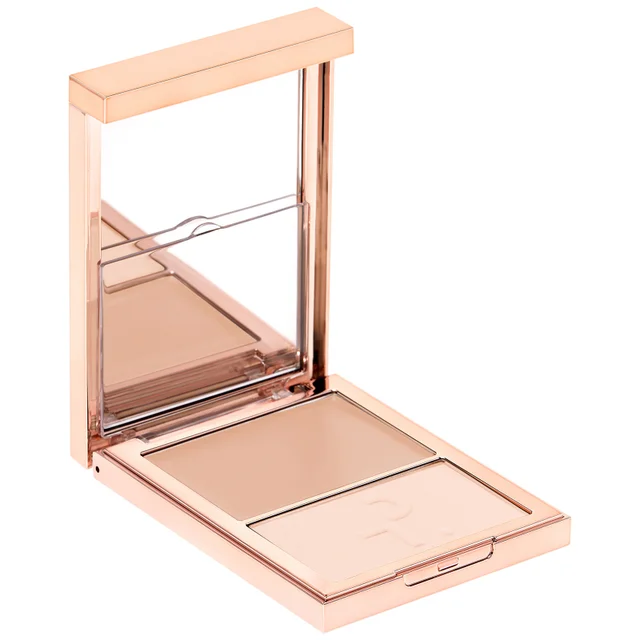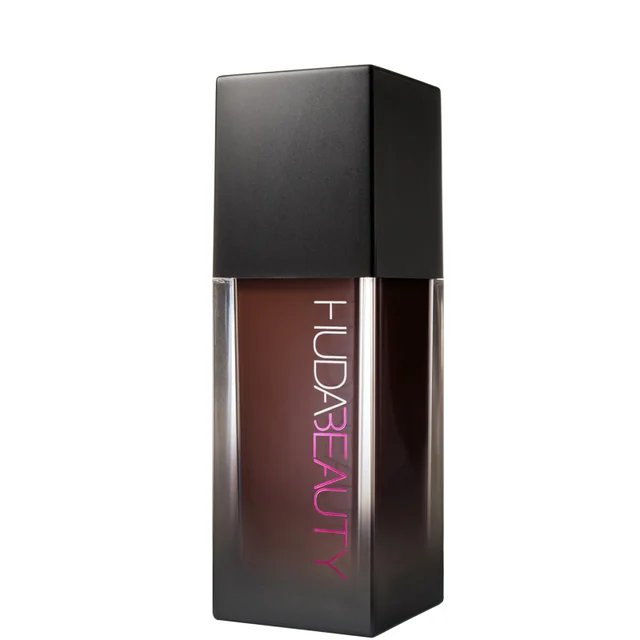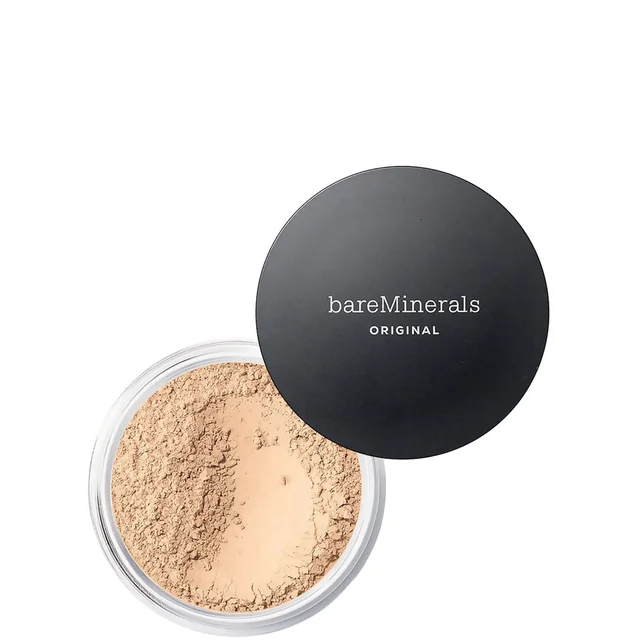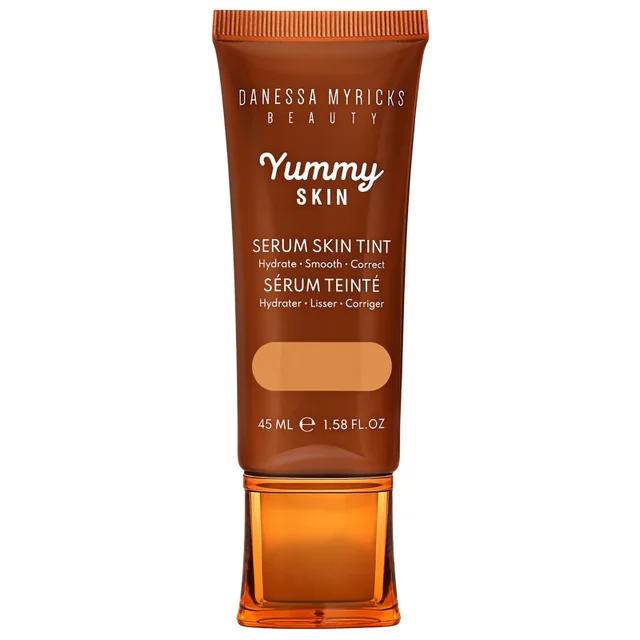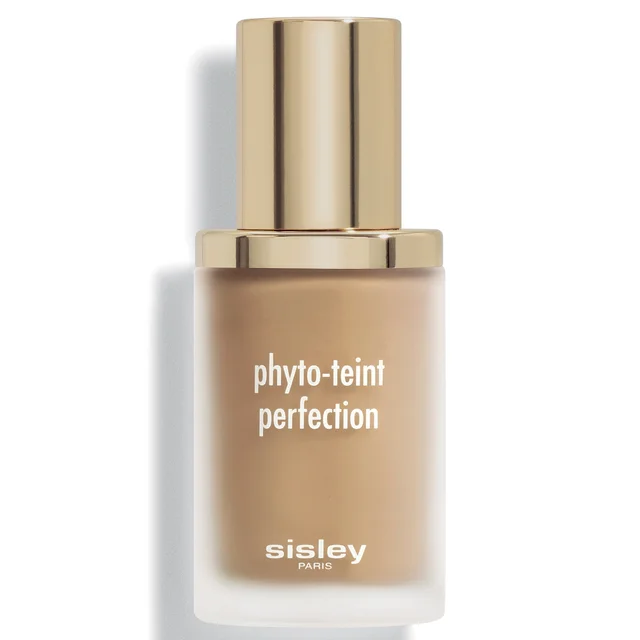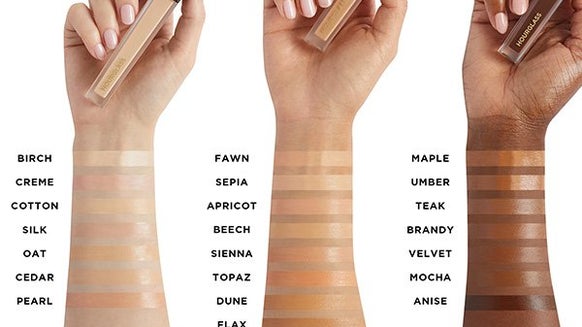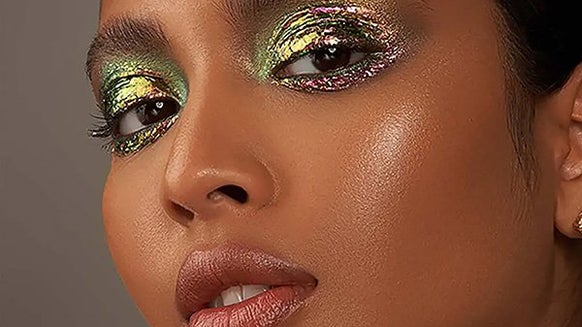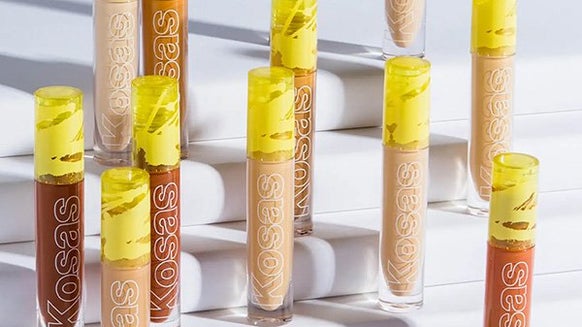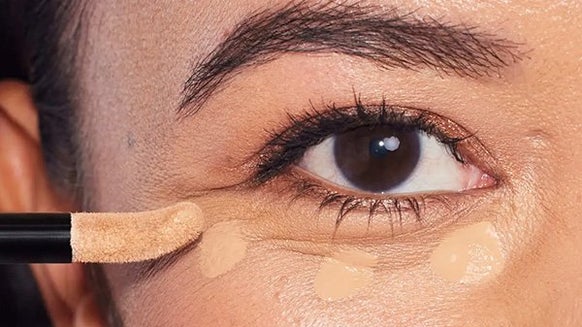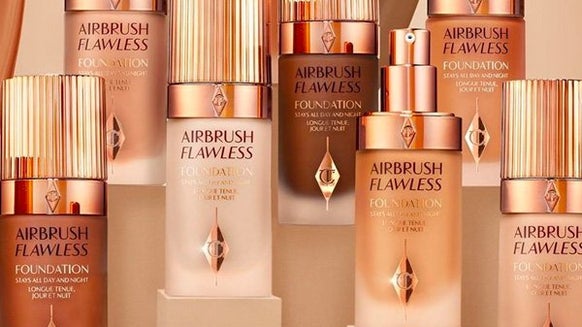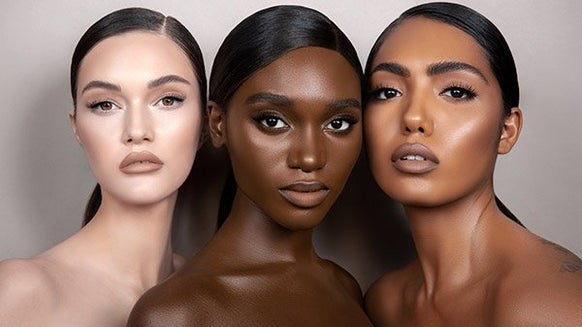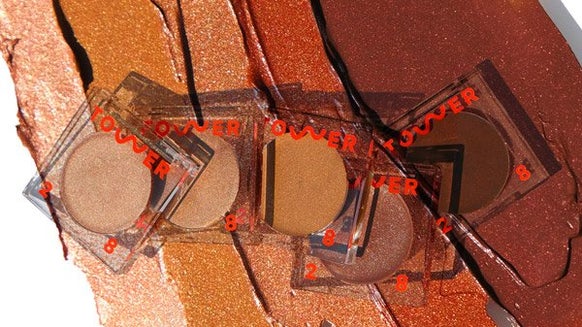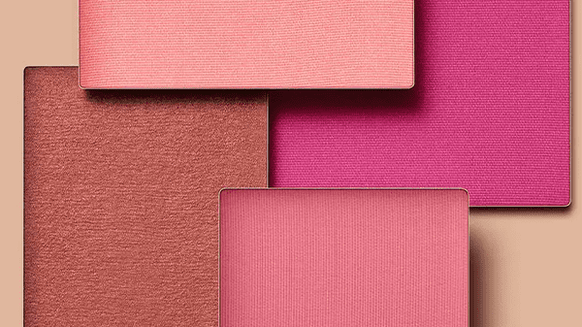Finding your foundation shade is like looking for the perfect partner – the search is never ending. With type, tone, coverage and finish to consider, searching for your signature shade can seem somewhat of a chore…. That was until now!
Playing the ultimate matchmaker, here at Cult Beauty we’ve put in the graft for you and uncovered how to find your foundation shade online. Whether you’re going doe-eyed over a dewy base or falling head over heels for full-coverage, we have the tips and tools you need to find your forever cosmetic companion…
IN THIS ARTICLE:
HOW TO FIND MY FOUNDATION SHADE ONLINE
STEP ONE: IDENTIFY YOUR UNDERTONE
Buying your foundation online is one thing, but identifying your preferred hue is another. With shade accuracy being one of the most common issues when it comes to buying foundations online, it’s important to get it right. Unless you want to colour correct, it’s important that you don't fight against your skin's natural undertones. These can be either warm, cool, or neutral. Not sure which you fall under? No worries, just follow the below to find out how to determine your undertone.
YOU HAVE A COOL UNDERTONE IF:
- Your skin has a slight pink or blue tint
- Your veins look blue in natural light
- Silver jewellery tends to look best on you
YOU HAVE A WARM UNDERTONE IF:
- Your skin has a slight yellow tint, which could be described as peachy, golden or olive
- Your veins look green in natural light
- Gold jewellery tends to look best on you
YOU HAVE A NEUTRAL UNDERTONE IF:
- Your skin has an equal balance of pink/blue and yellow
- Your veins look a combination of blue and green in natural light
- Both silver and gold jewellery look good on you (you lucky thing)
If you have a warm complexion, opt for a foundation shade that has yellow, gold, or peach undertones. If your skin is on the cool side, a foundation with pink undertones is best. And for those with neutral undertones, you should look for a hue with both gold and pink hints.
STEP TWO: CONSIDER YOUR SKIN CONCERNS
Now you’ve aced your shade, it’s time to get up close and personal with your skin concerns. Whether you have oily or dry skin, will play a big factor when selecting your foundation’s finish. For those with the prior, it’s best to opt for mattifying product that are water-based. For those prone to flaking and patchiness, dewy bases are the way to go – we’re talking a tinted moisturiser or foundation that is flooded with hydrating ingredients (hyaluronic acid and squalane we’re looking at you).
STEP THERE: CHOOSE YOUR COVERAGE
There’re typically two camps when it comes to your foundation’s coverage – those who like the barely-there aesthetic and those who believe more is more. If you’re looking to conceal redness, breakouts or pigmentation then a full-coverage formula will create an even complexion without a blemish in sight. But if you want to let your natural skin shine through, a subtle and lightweight finish is for you. Alternatively, if you can’t decide, why not meet in the middle? Select a medium coverage that can be built up whenever, and wherever you want.
STEP FOUR: PICK YOUR PREFERRED FORMAT
Gone are the days when your foundation was only available in a creamy formula. Today you can find the make up must-have in all shapes, sizes and formats. From powders and sticks to mouses and creams, each type offers a different finish and coverage.
Tinted Moisturiser: blurring the lines between your skin care and make up, tinted moisturisers (including BB and CC creams) add a hint of colour to your look. Designed for those who want to don a natural glow, without looking like they’re wearing make up, they’re dew-drenching and offer comfortable wear – all day long.
Liquid: water-based blends of emollients and pigment, liquid foundations quench your complexion’s thirst. Creating a social-approved no-make up make up look, they provide a skin-like finish and will have people second guessing if you are wearing foundation or if your skin is just that glowy!
Cream: sitting somewhere between liquid and powder, cream foundations are either wax- or oil-based, then mixed with skin-toned pigments to give you extra coverage. While offering a silky sign off and designed to cover up scaring, uneven skin tones and dark circles, they’re also prone to crease, so it’s best to apply less than your typical foundation and blend well.
Mineral: available in a liquid and powder form, mineral foundations are made from a blend of natural ingredients. Why? To be gentler on the skin and non-comedogenic. Suitable for those with redness or acne, they avoid clogging pores, giving your complexion space to breath.
Mouse: otherwise known as ‘whipped foundations’, mouse foundations are a hybrid of a liquid and creamy formula. Slightly thicker in consistency than the rest, they contain air and are lightweight with full coverage. Smooth in texture and matte in finish, they work best for dry, mature and sensitive skin types.
Stick: ideal for those with busy schedules, stick foundations can be applied when on the move. For a more natural look apply a small amount to your skin and blend with your complexion brush or sponge. Or for fuller coverage follow the same steps then build away your heart's content.
Powder: boosting minimal coverage and a featherweight feel, powder foundations can either work on their own or as a setting powder over your look. Instead of containing water, they blend and press pigments, binders and other emollients. Ideal for those with oily T-zones, they mattify your skin, adding subtle veil of colour over your complexion.
Cushion: Best suited for those who want more coverage than a BB of CC cream, but less coverage than a mineral or mouse, their buildable and easily applied. Plus, as the name suggests they’re typically accompanied with cushion applicator for a smooth application and finish.
STEP FIVE: SELECT YOUR SHADE
With each brand dreaming up a range of foundation hues to pick from – finding your shade online is no easy task. The key is to know your skin tone, or in other words the natural colour of your complexion (sans any make up). Whether you’re fair, light, medium, deep or a mix, it’s best practice to match the hue with your jawline area often has a more of a natural flush. Oh, and if you can’t quite get the correct colour, there’s always the option of blending two shades together or diluting the pigment with a moisturiser.
So, there you have it, now we’ve laid down the foundation to colour matching, it’s time to take the leap of faith and find your signature shade. Now, who said finding a foundation online must be hard? Not us…


